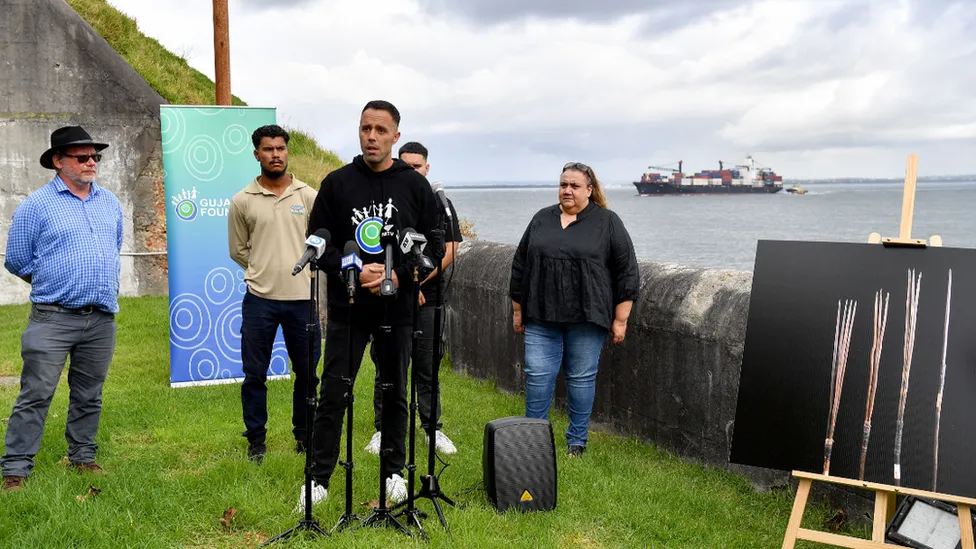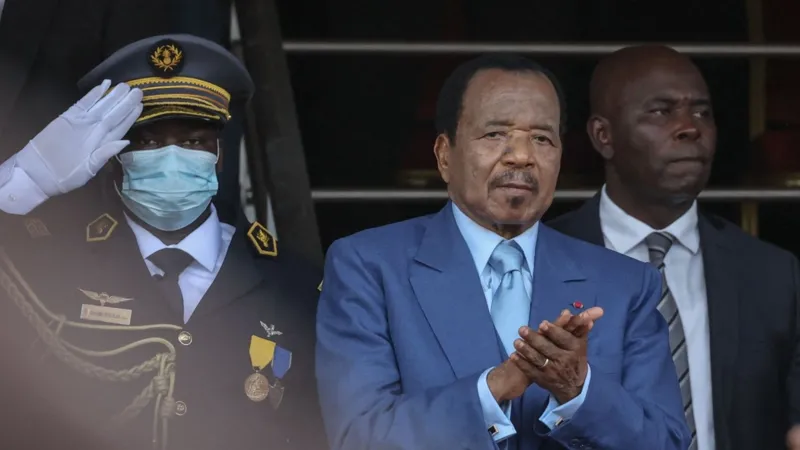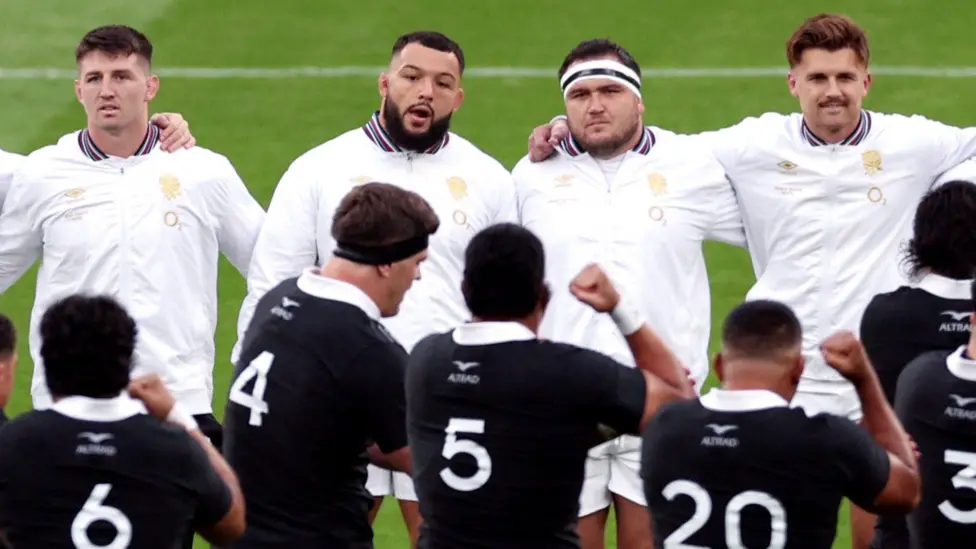Aboriginal spears taken by Captain James Cook to be returned to Australia
Aboriginal spears taken by British explorer Captain James Cook and his landing party when they first arrived in Australia in 1770 will be returned to the local Sydney clan.

The four spears are believed to be the last remaining of dozens collected by the first colonialists.
They are being kept at Cambridge University in the UK.
Cambridge's Trinity College has agreed to return them after a 20-year campaign by indigenous people.
Captain Cook first set foot in Australia on a beach at Botany Bay in Sydney's south, where he and his crew's arrival was challenged by two men from the Gweagal clan of the Dharawal peoples, the traditional owners of the land.
Many Australians have long seen Captain Cook's landing story as a foundational event in Australia's modern history. However, this view is increasingly controversial given Aboriginal people lived on the land for tens of thousands of years beforehand and many blame colonisation for ongoing problems.
The spears will be handed back to the local Aboriginal community and displayed at a new visitor centre.
Ray Ingrey, chairman of the community's Gujaga Foundation, said the Gweagal people had a deep, spiritual connection with the wooden, multiple-tipped spears.
"It's part of a dreaming story that tells us how our people came to be. So not only that they're over 253 years old, and gives us a window into our historic past, but also toward that spiritual connection, which makes it so more important," he told the BBC.
The spears were taken when indigenous people retreated into the bush after a violent encounter with the British landing party in which muskets were fired, Mr Ingrey said.
"The crew started to go through their campsite, picking up artefacts and anything that they could actually get their hands on... 40 to 50 spears were were bundled up and put on [Cook's ship] Endeavour."
The spears were carried back to the UK and donated to Trinity College in 1771.
Apart from short loans to Australian museums, they have been looked after by Cambridge's Museum of Archaeology and Anthropology (MAA) since 1914.
Prof Nicholas Thomas, director of the MAA, said the spears were "exceptionally significant".
"They are the first artefacts collected by any European from any part of Australia ... they reflect the beginnings of a history of misunderstanding and conflict.
"Their significance will be powerfully enhanced through return to Country."
Trinity's master, Dame Sally Davies, told ABC News the college was committed to "addressing the complex legacies of the British Empire" and that returning the spears was "the right decision".
Mr Ingrey said the moment held "mixed emotions" for him, but acknowledged the role Trinity College played in preserving the spears in a "museum-grade facility".
"It's been a long time for us. Our elders, over 20 years ago, started a campaign to return cultural objects.
"A lot of elders, particularly our senior women, are no longer with us. It's a day of happiness, but also sadness because they're not here to celebrate with us.
"It's also a day for all Australians, and even the British community, to reflect on on our history."
-bbc







